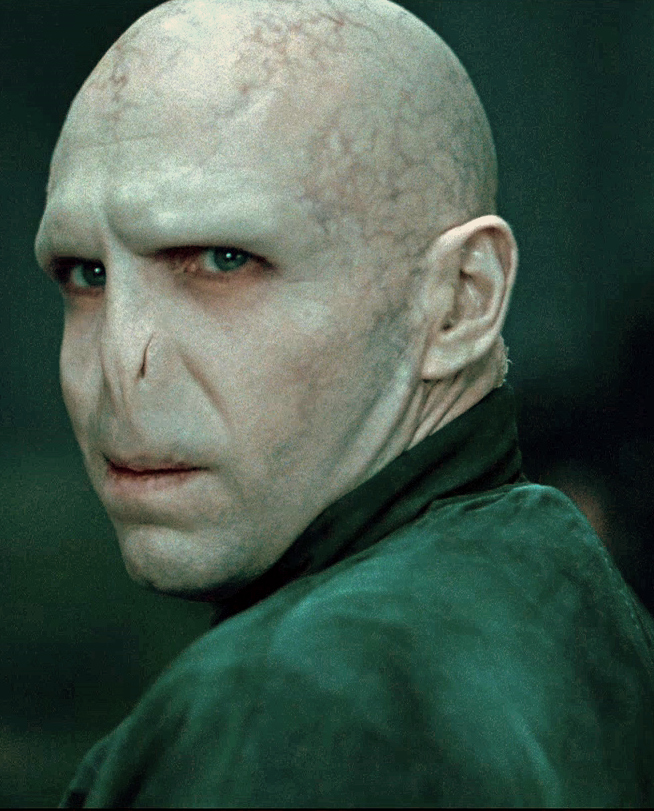While reading The Nose by Gogol, I had several thoughts running through my head. Initially, I was extremely confused as to what was happening. I mean honestly, how do you not make a bigger deal of finding a nose in your loaf of bread? I also found it extremely weird how the wife automatically assumed that Ivan Yakovlevich cut off the nose of Major Kovalyov. I mean, there has to be some reason why she believes that. Has he done something similarly cruel before? Has he cut his customers before? Or is he just an outright violent person. This might be the logical reason, since according to the story the barber likes to drink quite a bit.

While reading, I also found it interesting that the nose was dressed up as a councilor. The first thing that occurred to me was, HOW DID THE NOSE GET LEGS, and HOW DID IT GROW TO THAT SIZE? It all seems so surreal, and I guess that that’s just Gogol doing his job right. But what really interested me was the symbolism behind the nose. Is it lost hopes and dreams? Or does it mean something else?


People get very offended at comments about noses. At least, most people do. One very offensive comment is “Your nose is big, are you Jewish”. Yes, because a nose characterizes a person right away. According to this misconception, if you are an atheist, or Buddhist, or Christian, or Muslim, or a member of any other religion, you CANNOT have a big nose.
But really, we start this sort of defensiveness at a very young age.
The “I’ve got your nose” game gets annoying very quickly. I mean seriously, WHAT do you mean you have my nose?! First off, it’s MY nose, not yours, so give it back. Secondly, WHY would you even WANT my nose to begin with? And lastly, My nose is CLEARLY still on my face, therefore your argument is invalid.
But this defensiveness over our noses is exactly why the story created by Gogol is so symbolic. By losing his nose, Kovalyov loses an integral part of himself- his identity. He loses his humanity, and therefore his niche. Everyone has a reason to keep going everyday, and if one loses the very object of desire, he loses his driving force altogether.
While losing one’s nose is completely unrealistic, losing an aspect of your life that makes you who you are is very much a part of reality, and it has happened to countless of people. It is difficult to imagine what it would be like without a nose, but it isn’t so difficult to imagine losing our lucky talisman for example. Without it, we believe that we are no longer immune to the world’s hardships, and everything becomes immensely more difficult to accomplish. While brushing your teeth you end up missing your mouth and smearing toothpaste all over your face; while putting on your shoes you trip and fall; you pour orange juice into your cereal, and you accidentally throw out the knife instead of the wrapper that you are holding in your other hand. People are convinced that they need certain things in life without which they cannot function, and as a result they cling to those objects like children clinging to their mothers’ skirts.
Why? Well no one nose really. (See what I did there?)
Actually though, it is due to a psychological attachment to an object or a ritual that provides people with comfort. What’s your comfort zone?
Is it food? A shower? Tea? Coffee? A blanket? A necklace or bracelet or ring or an earring? Or is it as simple as a song? A memory or a picture? Regardless of what it is- it is something that keeps you going. Something that with one look, or touch, or thought can motivate you to get up and keep moving despite how hard the situation may seem. And perhaps you have several things that work together to keep you going.
But whatever it may be, however big or small, or misshapen, or discolored your “nose” may be, it IS important. It IS yours. And it IS a part of who you are- and that is something to be proud of.


 The ending of the story left me with a sort of longing or emptiness because I failed to form a comprehensive understanding during my reading.
The ending of the story left me with a sort of longing or emptiness because I failed to form a comprehensive understanding during my reading.























